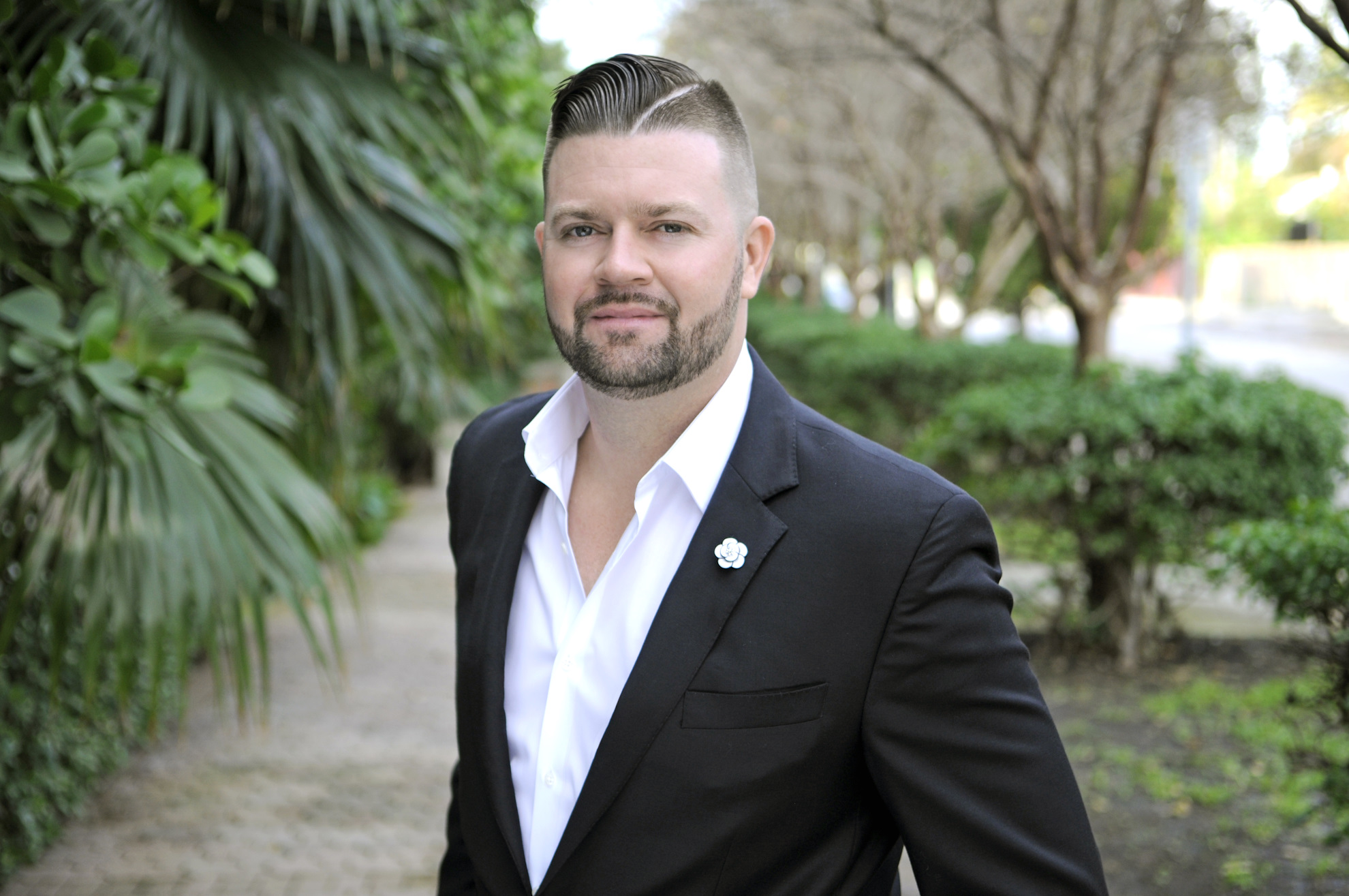Scot Drucker, a former professional baseball player, has successfully transitioned into the real estate industry, leading one of Florida's top real estate teams. Drawing from his sports background, Drucker emphasizes teamwork, collaboration, and shared success, cultivating a team-oriented environment that prioritizes mutual accountability and collective growth. His leadership style, marked by humility and a focus on continuous learning, has helped him build a cohesive and effective team. Drucker’s journey from the baseball field to real estate leadership underscores the importance of resilience, strategic networking, and a collaborative approach to achieving long-term success in the competitive real estate market.
In the competitive landscape of Florida real estate, Scot Drucker has emerged as a formidable leader, successfully transitioning from a professional athlete to the head of one of the state’s leading real estate teams. His journey, marked by a deep understanding of teamwork and a relentless pursuit of excellence, has been anything but conventional.
A Foundation in Teamwork
 Scot Drucker’s background as a former professional baseball player has significantly influenced his approach to leadership in real estate. Drucker, who played for teams like the Detroit Tigers and Oakland Athletics, brings a team-oriented mindset that is rare in the highly individualistic world of real estate. “The biggest thing is just the fear of failure. You’re not human if you don’t believe you’re scared of failure,” Drucker reflects. This attitude, honed on the baseball field, has translated into his real estate career, where he emphasizes the importance of learning from setbacks and continuously striving for improvement.
Scot Drucker’s background as a former professional baseball player has significantly influenced his approach to leadership in real estate. Drucker, who played for teams like the Detroit Tigers and Oakland Athletics, brings a team-oriented mindset that is rare in the highly individualistic world of real estate. “The biggest thing is just the fear of failure. You’re not human if you don’t believe you’re scared of failure,” Drucker reflects. This attitude, honed on the baseball field, has translated into his real estate career, where he emphasizes the importance of learning from setbacks and continuously striving for improvement.
His experience in sports taught him the value of collaboration, a principle that now underpins his leadership style. Drucker sees his team not just as a collection of individuals working towards their own goals, but as a cohesive unit where success is shared. “Let’s all win together. There’s enough food out there. We don’t all have to compete for the same piece,” Drucker says, echoing his belief in collective success over individual glory.
Building a Vision for Success
Drucker’s transition from an individual agent to a team leader was driven by a desire to foster a collaborative environment where ideas and successes are shared. “It’s almost like an extension of an immediate family,” he says of his team. This vision, rooted in his background in sports, is focused on empowering each team member to contribute to the collective success. Drucker’s approach is not just about sharing victories, but also about mutual accountability. He believes in capitalizing on each other’s strengths while providing support during challenges.
His leadership is also characterized by humility and a willingness to learn. Drucker does not seek personal recognition; instead, he focuses on the success of his team. “Stay humble and hungry, and learn from failure,” he advises. This philosophy has allowed him to cultivate a team culture where growth and learning are prioritized over individual accolades.
The Transition to Leadership
The move from being an individual agent to a team leader was not without its challenges. Drucker acknowledges that building a successful team requires surrounding oneself with the right tools and people. “It’s about having the right system in place that works properly,” he notes. For Drucker, this means carefully selecting team members who are passionate, professional, and able to connect with people on a personal level.

One of the key difficulties Drucker faced was vetting potential team members. Rather than focusing solely on experience, he prioritizes finding individuals who genuinely enjoy their work and are committed to growing within the team. “I want someone who will call me out for accountability if I am not performing,” Drucker says, highlighting his desire for a team dynamic where open communication and mutual respect are paramount.
Strategies for Success
Drucker’s strategies for leading his team are deeply rooted in his understanding of the local market and the power of networking. He emphasizes the importance of brand recognition and leveraging the team’s diverse backgrounds to build a strong presence in the South Florida market. Drucker believes in working smarter, not harder, and often uses the team’s extensive referral network to extend their reach beyond the local market.
He also stresses the importance of finding creative ways to connect with potential customers. Whether it’s through local networking, involvement in community activities, or leveraging platforms like LinkedIn, Drucker encourages his team to think outside the box. “Start with your core first,” he advises, urging agents to build relationships within their existing networks before branching out.
A Vision for the Future
Looking ahead, Drucker remains committed to fostering a team environment where everyone can thrive. He believes in rewarding team members for their growth and ensuring that they feel valued within the team. “You want to see them grow and flourish, and you hope to be co-workers with them while they do,” he says.
For those considering a similar move into team leadership, Drucker’s advice is straightforward: “Just go for it. There will be bumps in the road, but it’s about looking forward and learning from every experience.” His journey from the baseball field to the real estate market serves as a testament to the power of teamwork, resilience, and a relentless pursuit of excellence.
In an industry often dominated by individual ambition, Scot Drucker’s story is a refreshing reminder that success is best achieved when it is shared. As he continues to lead his team to new heights, Drucker remains focused on his vision of collective success, proving that in both sports and real estate, teamwork truly makes the dream work.




 Where do we send your free Great Agent demo?
Where do we send your free Great Agent demo?





 We just need some facts about your organization:
We just need some facts about your organization:
COMMENTS